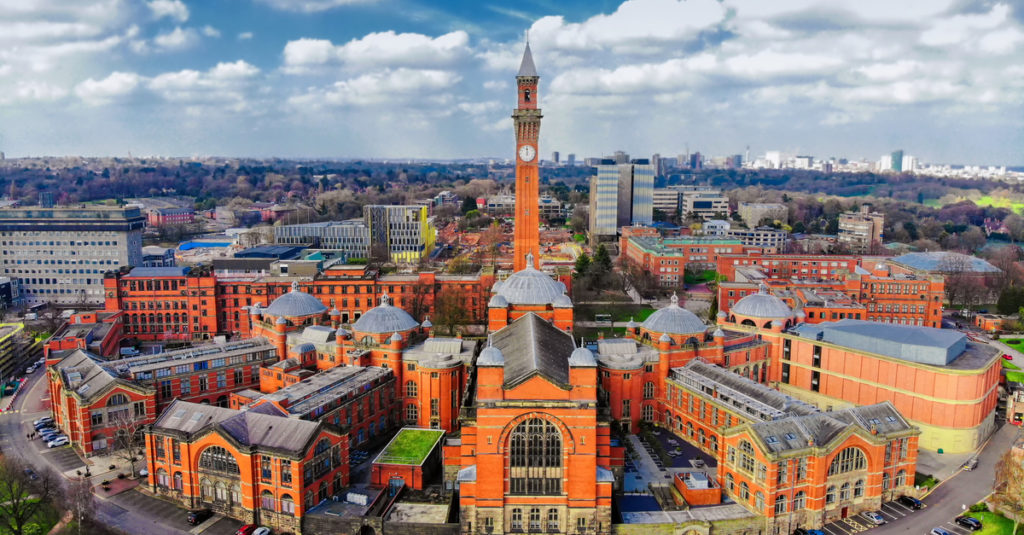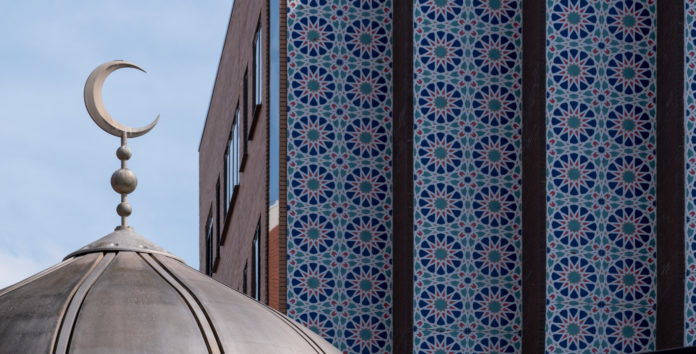A survey led by the University of Birmingham has found that Muslims are the second least-liked group in the UK and middle and upper-class people are more likely to hold prejudiced views of Islam than the working class.
The survey, which was carried out in conjunction with YouGov, found that 25.9% of the British public feel “negative” towards Muslims (with 9.9% feeling “very negative”). This compares with 8.5% for Jewish people, 6.4% for black people and 8.4% for white people.
Only Gypsy and Irish Travellers are viewed more negatively by the British public, with 44.6% of people viewing this group negatively.
Meanwhile, 23.2% of people who come from the social group ABC1 (broadly middle class) harbour prejudiced views about Islamic beliefs compared with 18.4% of people questioned from the C2DE (broadly working class) group.
However, when asked about their views on Muslims, or most other ethnic or religious minority groups, older people, men, working class people and Conservative and Leave voters are consistently more likely to hold prejudiced views.
The survey, presented in a report titled The Dinner Table Prejudice: Islamophobia in Contemporary Britain, interviewed a sample of 1667 people between July 20th and 21st which was weighted by age, gender, social grade, voting record, region and level of education.
Other key findings in the survey were that:
Subscribe to our newsletter and stay updated on the latest news and updates from around the Muslim world!
- More than one in four people, and nearly half of Conservative and Leave voters, hold conspiratorial views about Sharia “no-go areas”: 26.5% of the British public agree that “there are areas in Britain that operate under Sharia law where non-Muslims are not able to enter.” This increases to 43.4% among Conservative voters and Leave voters. In addition, 36.3% of British people, and a majority of Conservative voters (57.3%) and Leave voters (55.5%), also agree that “Islam threatens the British way of life.”
- Support for prohibiting all Muslim migration to the UK is 4-6% higher for Muslims than it is for other ethnic and religious groups: 18.1% of people support banning all Muslim migration to the UK (9.5% strongly support). Overall support for prohibiting Christian Migration is 13.1%, Sikh migration is 11.8% and Jewish migration is 12%.

- The British public is almost three times more likely to hold prejudiced views of Islam than they are of other religions: 21.1% of British people believe Islam teaches its followers that the Qur’an must be read “totally literally.” The figure for Islam compares with 7.5% for Judaism and the Hebrew Bible, 3.9% for Sikhism and the Guru Granth Sahib, and 4.8% for Christianity and the Bible.
- British people are more confident in making judgements about Islam than other non-Christian religions but are much more likely to make incorrect assumptions about it: British people acknowledge their ignorance of most non-Christian religions, with a majority stating they are “not sure” how Jewish (50.8%) and Sikh (62.7%) scriptures are taught. In the case of Islam, however, people feel more confident making a judgement, with only 40.7% being unsure.
Dr Stephen H. Jones from the University of Birmingham and lead author of the survey, said: “Prejudice towards Islam and Muslims stands out in the UK, not only because it is much more widespread than most forms of racism, but also because prejudice toward Islam is more common among those who are wealthier and well-educated.”
The survey also made specific recommendations to scale back the rise of Islamophobia:
- The government and other public figures should publicly acknowledge and address the lack of public criticism that Islamophobic discourses and practices trigger, and how Islamophobia stands out compared with other forms of racism and prejudice.
- Civil society organisations and equality bodies concerned with prejudice and discrimination should acknowledge that systemic miseducation about Islam is common in British society and forms an important element of Islamophobia.
- Educators should provide clear guidance clarifying when tropes about the Islamic tradition move from acceptable criticism to become harmful.
- Civil society organisations should introduce religious literacy as a component part of any large-scale equality and diversity campaign or policy initiative.
- The BBC and other broadcasters should maintain their commitments to religion programming but with renewed emphasis on combatting intolerance.
Dr Stephen H. Jones said: “No-one is calling for laws regulating criticism of religion, but we have to recognise that the British public has been systematically miseducated about Islamic tradition and take steps to remedy this.”
Follow 5Pillars on Telegram here
Subscribe to our Newsletter here






















